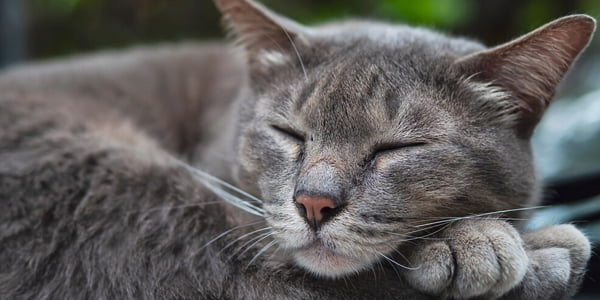**Feline coronavirus** (FeCoV) is a common viral infection in cats. Most cats infected with FeCoV do not show any symptoms during the initial viral infection. However, some may occasionally experience brief bouts of diarrhea and mild upper respiratory signs, from which they spontaneously recover .
**Feline infectious peritonitis** (FIP) is a more serious condition caused by certain strains of feline coronavirus. The symptoms of FIP depend on the type of strain, the cat’s age, immune system, and the specific organs affected by the virus. Here are the symptoms associated with the two types of FIP:
1. **Wet/Effusive FIP**:
– Fever that doesn’t respond to pain relief or antibiotics
– Weight loss
– Anorexia (lack of appetite)
– Lethargy
– Sneezing
– Watery eyes
– Nasal discharge
– Diarrhea
– Abdominal distension (nonpainful abdominal swelling)
– Breathing difficulties
– Fluid accumulation in the chest or abdominal cavity
– Granulomas (inflammatory nodules) on different organs of the body
2. **Dry/Non-Effusive FIP**:
– Fever that doesn’t respond to pain relief or antibiotics
– Poor growth (in young kittens)
– Eye inflammation
– Jaundice
– Depression
– Anemia
– Diarrhea
– Neurological symptoms (loss of sight, balance, or coordination)
**Causes** of feline coronavirus include transmission through infected cat feces or breathing in contaminants. Some strains can mutate and attack white blood cells, leading to FIP . Unfortunately, FIP is difficult to diagnose due to the lack of definitive tests, and its symptoms can mimic other diseases. If you suspect your cat may have FIP, consult a veterinarian for proper evaluation and care. ??
This is our product to help you diagnose, https://www.ringbio.com/products/pet/feline-coronavirus-antigen-test-card-rapid-test-kit

